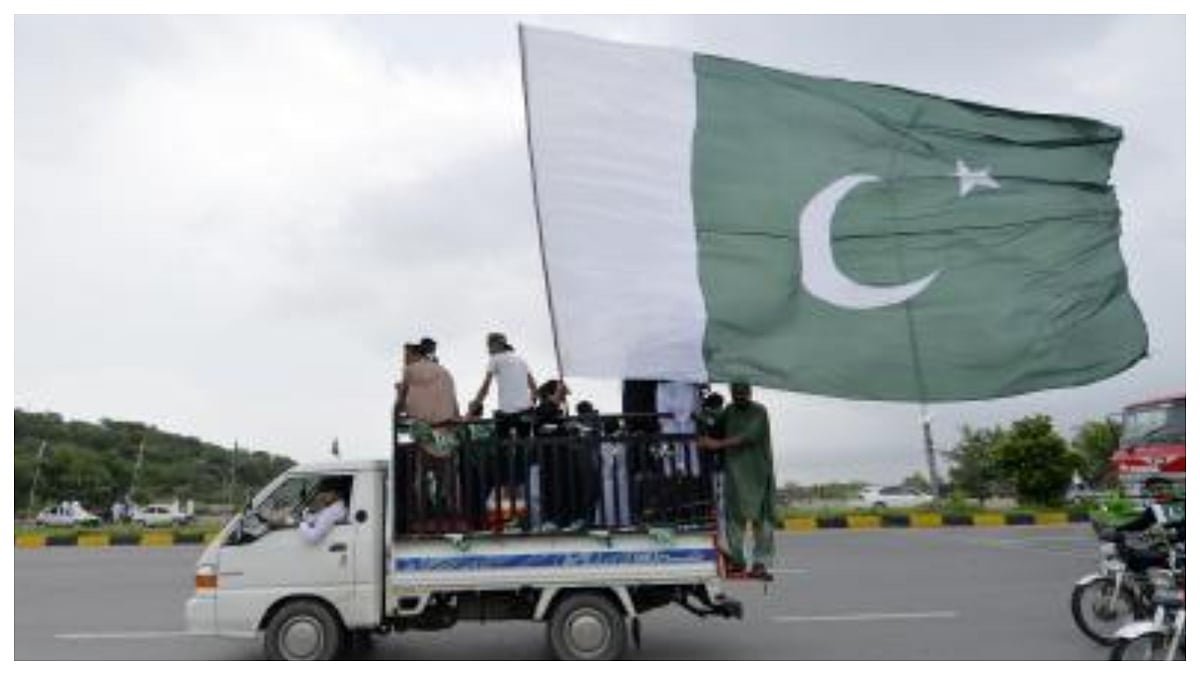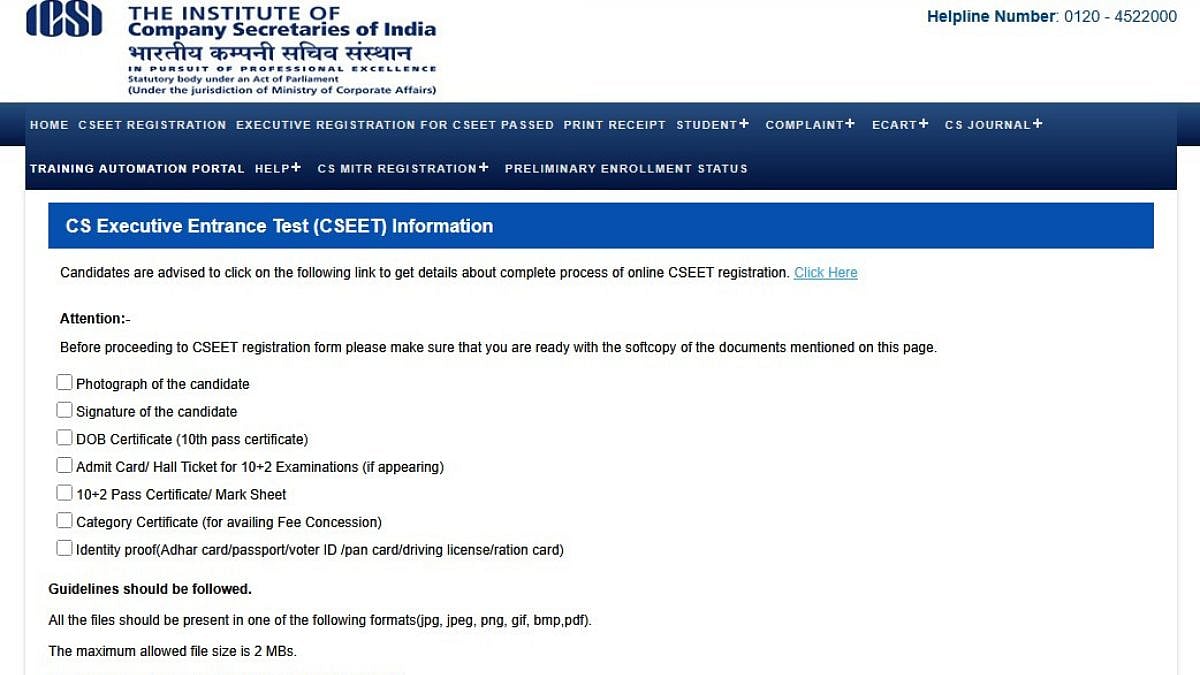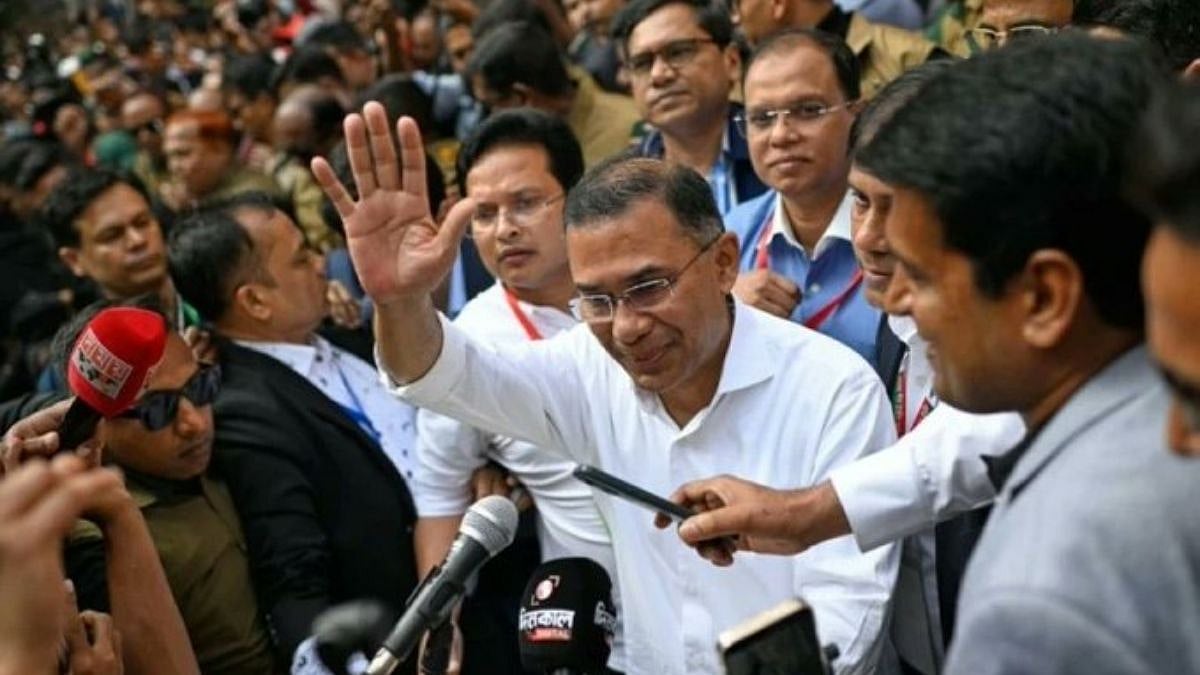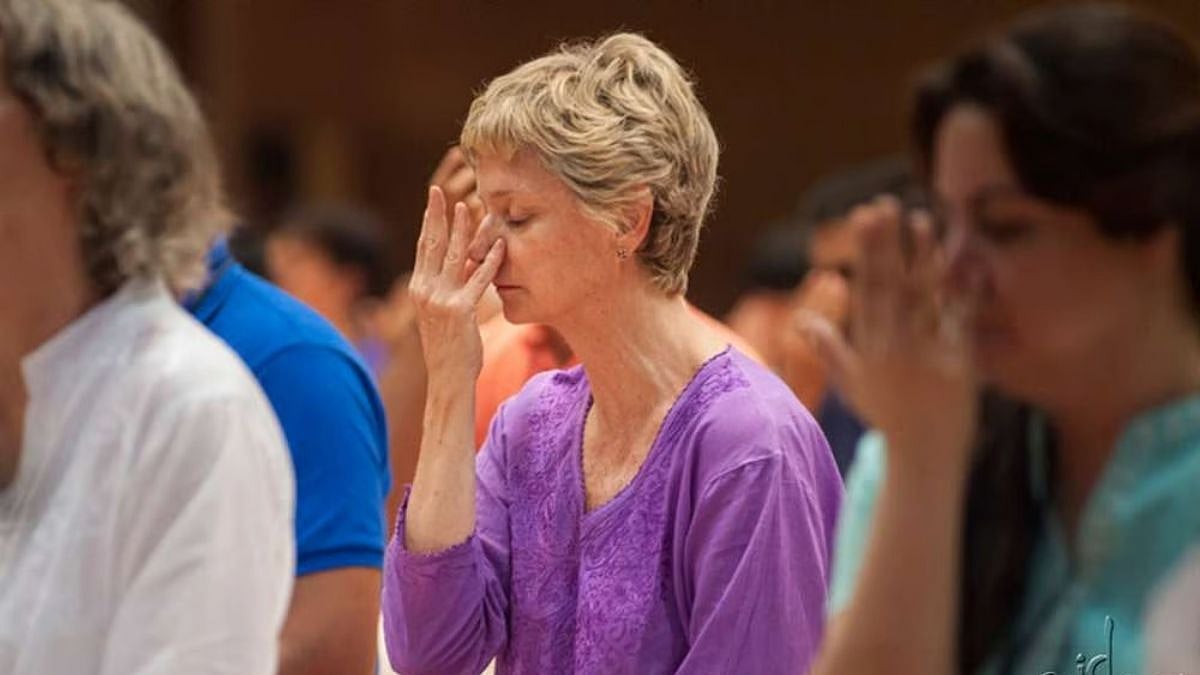At the risk of being proved wrong, I would hazard the guess that it is extremely unlikely that the Delhi High Court will strike down the 15-day odd-even policy of the Arvind Kejriwal government in Delhi. The reason may well be entirely pragmatic: why create an extraneous controversy on Monday when the scheme has just four more days to run?
However, regardless of what the High Court decides, the efficacy of such a measure to control Delhi’s unacceptably high levels of pollution has inevitably been mired in controversy. The points of friction have been on various counts.
First, the extremely generous exemptions that cater to special interest groups are believed to have made a mockery of the anti-pollution rationale of the scheme. Certainly, if the need was for all citizens to make a sacrifice for the larger good, it defies logic as to why two-wheelers and women drivers should escape all prohibitions.
Secondly, there doesn’t appear to be any uniform standard of measuring the impact of the odd-even programme on the quality of the air residents of Delhi breathe. The studies by different agencies seem to reflect their own political preferences rather than scientific data. As of now, no one is entirely certain whether pollution has come down with lesser number of vehicles on the roads, remained the same or actually deteriorated, as has also been suggested. Hopefully, some clarity will soon emerge that could facilitate a genuine debate on the concrete measures to bring down pollution levels in Delhi.
Finally, it is by now sufficiently clear that the odd-even scheme became a wonderful opportunity for the Aam Aadmi Party to make a mark and demonstrate — as Chief Minister Kejriwal put it in a speech in Kolkata last Friday — that the party can complement its ability to stage dharnas with an ability to govern. This skill will be tested in the coming days but AAP certainly used the odd-even scheme to gain enormous publicity across the nation. No doubt an obliging media was there to overlook the glitches in implementation and even divert attention from the fact that with all schools and colleges enjoying an extended holiday until January 15, the odd-even experiment was being conducted in sanitised conditions. When the volume of traffic reverts to normal next week, Kejriwal will doubtlessly claim that his audacity at least gave Delhi 15 days of smooth traffic (if not clean air). With his formidable communication skills he will doubtlessly create a mythology around the odd-even scheme. The political effects of this will be considerable, not least because the local BJP made the mistake of needlessly opposing the move.
Politically speaking, unless something truly untoward happens in the final days of the odd-even experiment, Kejriwal is likely to have the upper hand at 8pm on January 15. Apart from earning the gratitude of the environmentally-concerned citizens (particularly the young) who will give him credit for at least making far more conscious about pollution than they had ever been, he would have got brownie points from some of his dedicated supporters. For auto drivers, one of the AAP’s most loyal supporters, the odd-even scheme was a windfall. It is significant that the band of ‘civil defence’ volunteers, who paraded the streets to shame violators, did absolutely nothing to ‘persuade’ autos and taxis from charging a hefty premium from commuters who had no choice but to pay up. Nor did the scheme compromise the interests of the two-wheeler constituency, located at the lower end of the middle classes and yet another of the AAP’s core constituency. As for the residents of the overcrowded jhuggi clusters who are in any case dependant on public transport, the odd-even scheme made absolutely no difference to their lives. They were carefully insulated from its effects.
The design of the odd-even scheme was created to further one important facet of the AAP—the promotion of class conflict. It would seem that Kejriwal has long realised that he is unlikely to derive any significant measure of support from car owners. This section was, arguably, the most inconvenienced by the measure — particularly those whose work or professions involved travel to multiple destinations. Yet, as happens so frequently with the small minority of income tax payers, their voices count the least in electoral calculations. Kejriwal made sure that the greatest inconvenience was reserved for those who are unlikely to ever vote for AAP. Moreover, their complaints were drowned out by a wave of social derision — a defining hallmark of AAP’s aggressive insolence that is proudly flaunted by its leaders on TV.
In the short run, measures such as the odd-even scheme can at best raise awareness of a real problem. However, if the AAP government takes its ‘success’ as a signal for similar initiatives in the future what will suffer grievously will be Delhi’s credentials as a business centre. It is significant that all the suggestions aimed at middle class residents were premised on the belief that people go to a fixed place of work at a fixed time and return home after eight or nine hours. In short, it catered to Delhi of the salaried employee who may be numerically strong but whose contribution to wealth creation is much less. The Delhi of trade and business that depends on flexibility and the constant movement of goods from one place to another was a casualty of the odd-even rule. They can endure the inconvenience for 15 days but if similar experiments persist, the Delhi government will acquire a reputation for being anti-business.
This may hurt the city in the long run but for the moment it will do AAP’s electoral prospects no harm. Kicking business has always won votes in India. And the odd-even initiative was really about political consolidation, not about making Delhi a cleaner and healthier city.
Also Read:
Manufactured pessimism needs a lid









